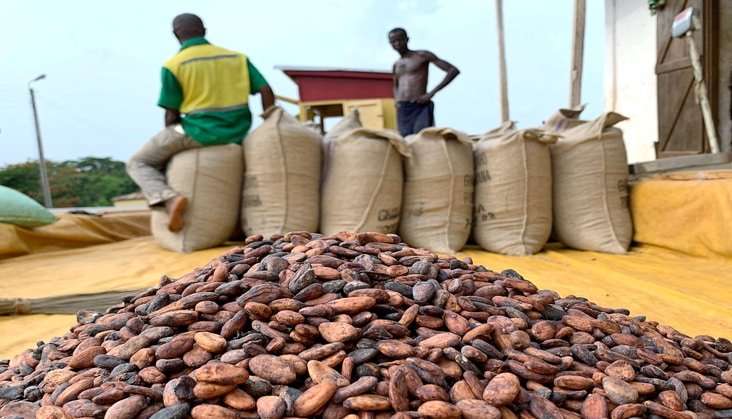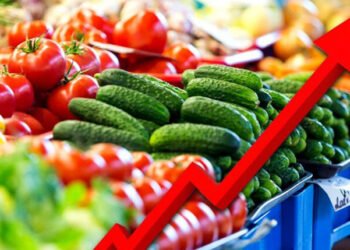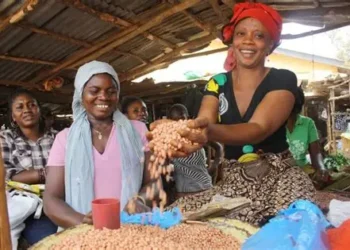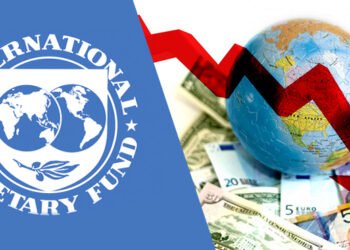The Bank of Ghana (BoG) has projected a decline in cocoa prices between January and March this year, 2022, relative to the same period last year, 2021.
The Central Bank’s report, published by its Research Department, examined the revenue prospects of the country’s three major foreign exchange earners- cocoa, crude oil and gold in the face of the third wave of the coronavirus.
According to the Central Bank, exportation of cocoa beans to the international market from Ghana, and West Africa in general, would also be lower than what was recorded in the same period last year. Meanwhile, the Bank of Ghana attributed the projected fall in cocoa arrivals and prices to fears that the global economy would be weakened by the third wave of the COVID-19.
The third largest foreign exchange earner, revenue from the ‘golden pod’ has been on an upward trajectory since 2019. It ended 2019 at US$2.28 billion but rose to US$2.33 billion in 2020 before peaking at US$ 2.85 billion last year, according to BoG data. This means that the country could be on its way to suffering its first revenue decline from cocoa for the first time in three years. The amounts grossed from the crop were as a result of favourable prices and quantities produced.

Cocoa Production Declined in West Africa
West Africa, mainly Ghana and Cote d’Ivoire, supply about 70% of the world’s cocoa. The report suggested that arrival of cocoa beans from West Africa’s major cocoa producers in last year, 2021, remained below 2020 numbers.
The report noted that the new Omicron variant has raised concerns about a possible slowdown in global economic growth, with the concerns feeding into the cocoa prices.
“These fears about weakening global economic activity might weigh on cocoa futures in the months ahead. Nearby cocoa futures prices in January to March are forecast to average US$2,435 and US$2,510 a tonne compared with US$2,549 a year earlier.”
BoG
Ghana’s cocoa production hit a record high last year, 2021, when it closed the 2020/21 season at 1.045 million tonnes. That amount was about 20% of the season’s global supplies. However, in the 2021/22 season, the Ghana Cocoa Board (COCOBOD) aims to produce about 850,000 tonnes.
Uncertainties in the Oil Market
Regarding crude oil, of which the country is a net exporter, the report indicated that the global oil market would be subjected to significant uncertainties this year.
BoG stated that some notable developments would affect price of the commodity on the market. This included: the resurgence of the COVID-19 pandemic and its effects on economic growth, oil demand, and the production decisions of the Organisation of Petroleum Exporting Countries (OPEC+).

The report noted that restrictions imposed to mitigate the spread of COVID-19 before the emergence of the Omicron variant raised the possibility of a decline in global oil consumption, leading to downward pressures on oil prices.
“These factors, among others, could keep oil prices volatile between US$71 and US$79 per barrel during the year.”
Gold to Remain Relevant
On gold, the Central Bank averred that the yellow metal would “be particularly relevant for investors in 2022 as a risk hedge.”
“In the outlook, the bullion may be confronted with two key headwinds: high nominal interest rates and a potentially stronger dollar in 2022.”
BoG

The report explained that those negative effects could be offset by some supporting factors such as: high inflation, market volatility related to COVID-19, geopolitics, and robust demand from central banks and jewellery consumers.
“Bullion’s performance will be dependent on which factors outpace the other. Gold prices are expected to trade between US$1,500 and US$1,850 per fine ounce.”
BoG
READ ALSO: AfDB Approves LEAF Programme to Spur Commercial and Local Currency Investments























